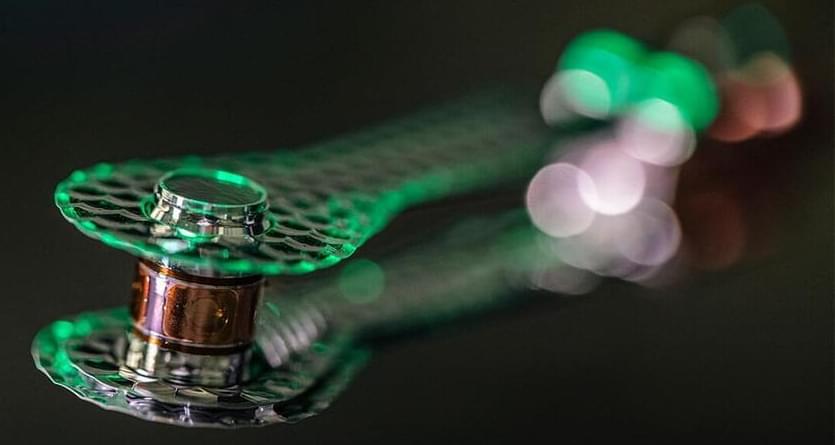“Significant effort has been invested over the years to pinpoint the physical cause of the radiation drive-deficit problem,” Chen said. “We are excited about this discovery as it helps resolve a decade-long puzzle in ICF research. Our findings point the way to an improvement in the predictive capabilities of simulations, which is crucial for the success of future fusion experiments.”
In NIF experiments, scientists use a device called a hohlraum—approximately the size of a pencil eraser—to convert laser energy into X-rays, which then compress a fuel capsule to achieve fusion.
For years, there has been a problem where the predicted X-ray energy (drive) was higher than what was measured in experiments. This results in the time of peak neutron production, or “bangtime,” occurring roughly 400 picoseconds too early in simulations. This discrepancy is known as the “drive-deficit” because modelers had to artificially reduce the laser drive in the simulations to match observed bangtime.
